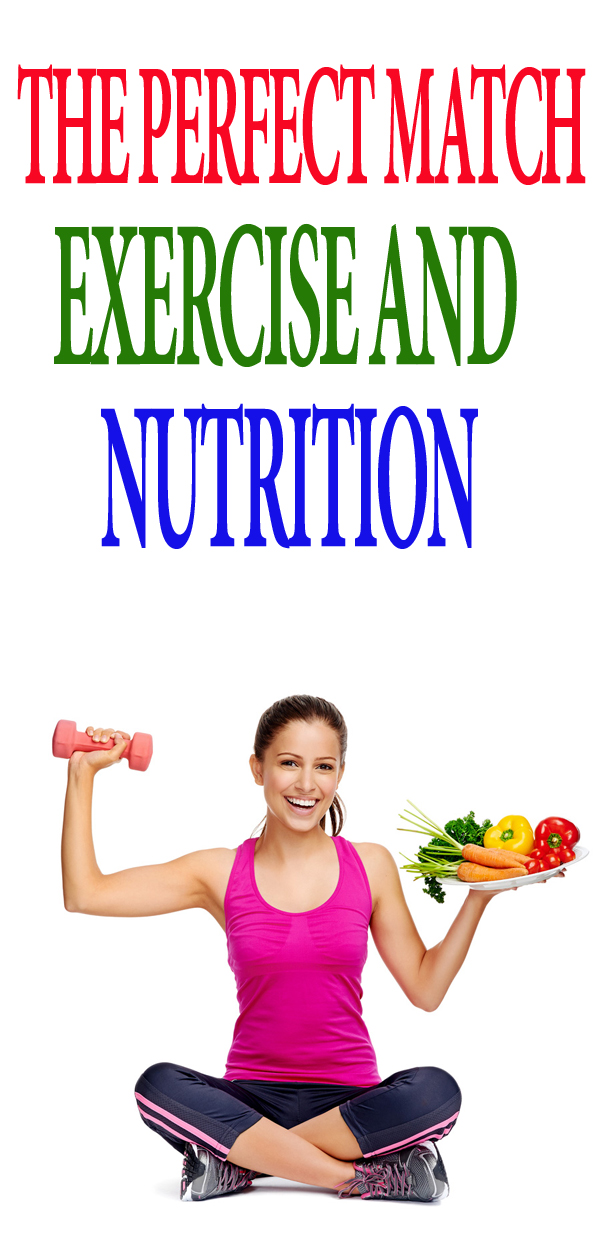By: Donna Sizer, Australian Institute of Fitness NSW Guest Fitness Coach
Exercise and nutrition are like ‘Thelma and Louise’, ‘Burt and Ernie’, ‘Hans Solo and Chewbacca’. Like all great relationships, you can’t have one without the other! No matter what your client’s health or fitness goal is, both lifestyle practices are essential to achieving them.
There’s the saying ‘you can’t out-train a bad diet’ and with an abundance of highly caloric, easily accessible food choices at our fingertips, it is getting harder and harder to maintain equilibrium on the energy scales. However great your PT session, your client will not get results if they leave the session and head straight to the Tim Tams.
With obesity rates in Australia climbing faster than anywhere else in the world, solutions are needed for real problems faced by clients who struggle to consistently make healthy nutrition choices. There has never been a more important time for fitness professionals to empower their clients to make great nutrition choices to lead a fit and healthy lifestyle.
With over 7000 registered personal trainers in Australia, it is the fitness professional that is often the first point of contact for all things health-related. Personal trainers are naturally motivational and have the ability to serve a really important role when it comes to your clients’ dietary habits as well as fitness goals.
There is a lot of attention in the fitness press in regards to qualifications and nutrition, and what a PT is allowed to advise. Many fitness professionals step out of their scope of practice when discussing nutrition with their clients. It is important as a trainer to know that it is outside of the scope to prescribe specific meal plans, supplementation or give medical advice; this is when you refer to an Accredited Practising Dietician. That doesn’t mean, however, a PT can’t make a positive impact on the lifestyle choices of their clients. Knowing the difference not only keeps your clients safe and happy but also keeps you within your scope of practice and out of legal trouble!
Often small changes can make all the difference. With the evidence suggesting that 95% of Australians are not meeting the recommended two and five servings of fruit and vegetables a day, what PTs can and should do is help guide clients to the Australian Dietary Guidelines for healthy eating and offer suggestions about the types of foods they can and should eat to meet the recommendations.
With an increasing demand from clients for their trainers to provide them with nutritional guidance, there is an opportunity for the PT to further enhance their knowledge by becoming a Nutrition Coach. Nutrition coaching bridges the gap between an accredited Dietician and the fitness professional. Working within your scope, you will be able to confidently provide sound nutritional coaching and advice for optimal health weight management, athletic performance and muscle growth. You will also understand the importance of referring and collaborating with an accredited Dietician when working with clients who require advice outside of their scope.
Becoming a Nutrition Coach will turbocharge your client’s PT session, helping them to reach their goals sooner by providing a holistic experience PLUS have the potential to increase your revenue stream at the same time.
Fitness professional and Nutrition Coach – now there’s a great relationship.
If you are interested in becoming a Nutrition Coach to help your clients achieve their fitness goals, enquire with The Institute today to see how we can help!


